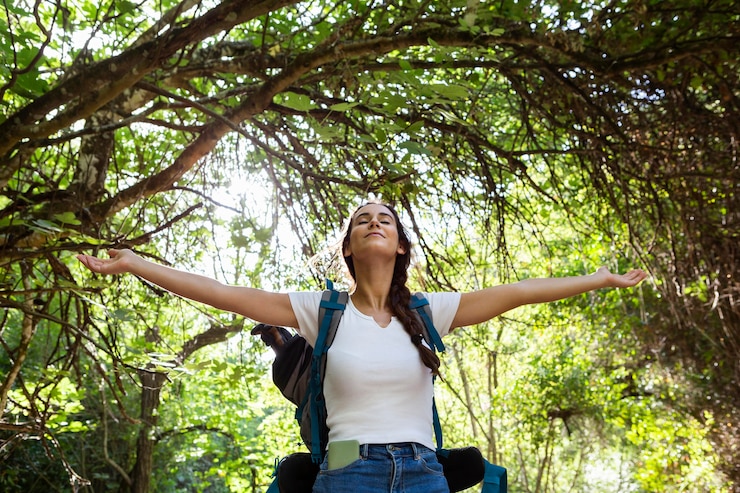Introduction
Sports and recreational activities play a vital role in the development and well-being of young individuals. They offer numerous physical, social, and emotional benefits, fostering healthy habits, teamwork, discipline, and personal growth. In this article, we will explore the importance of supporting and encouraging youth participation in sports and recreational activities, highlighting the positive impact they have on the lives of young people.
Physical Health and Well-being
Engaging in sports and recreational activities is a powerful way for young individuals to maintain their physical health and well-being. Regular exercise through sports helps to develop cardiovascular fitness, muscular strength, and flexibility. It reduces the risk of obesity, diabetes, and other health issues associated with a sedentary lifestyle.
Participating in sports also promotes motor skills development, coordination, and agility. Whether it’s team sports like soccer, basketball, or individual activities like swimming, tennis, or gymnastics, physical activities contribute to the overall growth and physical competence of young people.
Social and Emotional Development
Sports and recreation provide an avenue for young individuals to build social connections, develop teamwork skills, and enhance their emotional well-being. Participation in team sports encourages cooperation, communication, and mutual respect among teammates. It fosters a sense of belonging, camaraderie, and the ability to work towards a common goal.
Furthermore, sports teach valuable life skills such as leadership, resilience, and perseverance. Young athletes learn to manage both success and failure, overcome challenges, and develop a positive attitude towards setbacks. These experiences contribute to the development of resilience and the ability to handle adversity, preparing young individuals for future life challenges.
Building Self-Confidence and Self-Esteem
Youth involvement in sports and recreational activities has a significant impact on building self-confidence and self-esteem. As young individuals acquire new skills, improve their performance, and receive recognition for their efforts, their belief in their abilities grows. The sense of accomplishment and self-worth derived from sports participation can have a positive influence on various aspects of their lives.
Participating in sports also provides opportunities for young individuals to set and achieve goals, learn from mistakes, and gain a sense of personal responsibility. The supportive environment created through sports allows them to take risks, make decisions, and experience personal growth. As they overcome challenges and push their boundaries, they develop a strong belief in their capabilities, paving the way for success in other areas of life.
Promoting Inclusivity and Diversity
Youth sports and recreational activities have the power to bring together individuals from diverse backgrounds, fostering inclusivity and promoting cultural exchange. By supporting and encouraging participation in sports, we create opportunities for young people to learn about different cultures, values, and perspectives.
Sports provide a platform where differences are celebrated, and teamwork and respect for others are emphasized. It encourages young individuals to appreciate diversity and develop empathy, promoting a more inclusive society.
Community Engagement and Support
Supporting youth participation in sports and recreational activities requires collective effort from families, schools, and communities. By providing accessible facilities, resources, and mentorship, we can create an environment that encourages and supports young individuals in their pursuit of sporting activities.
Communities that prioritize and invest in youth sports programs create opportunities for young individuals to flourish. They provide a platform for talent identification and development, opening doors to scholarships, higher education, and potential careers in sports.
Conclusion
Supporting and encouraging youth participation in sports and recreational activities is crucial for their overall development and well-being. These activities promote physical health, social and emotional skills, and self-confidence. They also foster inclusivity, diversity, and community engagement. By investing in youth sports and recreation, we empower young individuals to lead healthy and fulfilling lives, fostering personal growth, and contributing positively to society. Let us strive to create an environment that nurtures and supports young people in their journey towards sporting excellence and overall well-being










